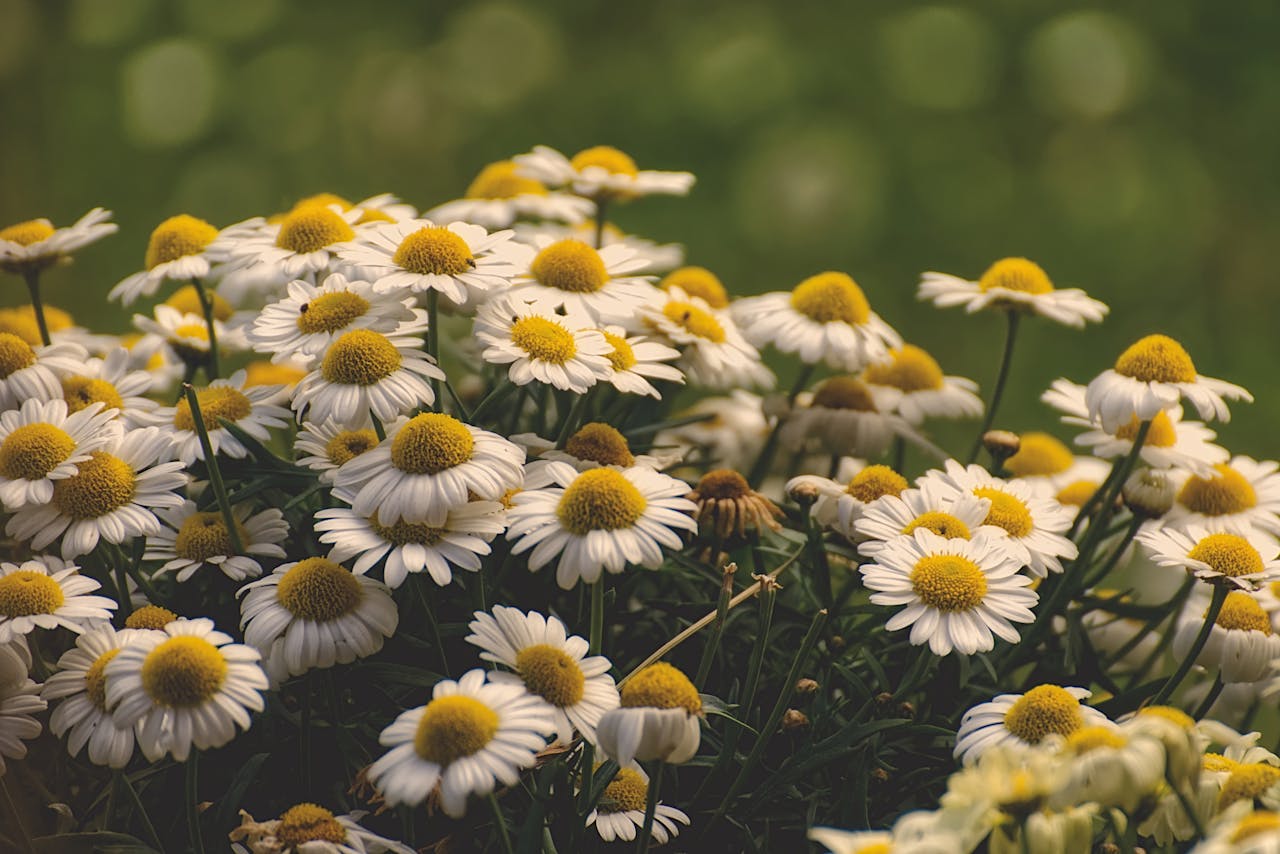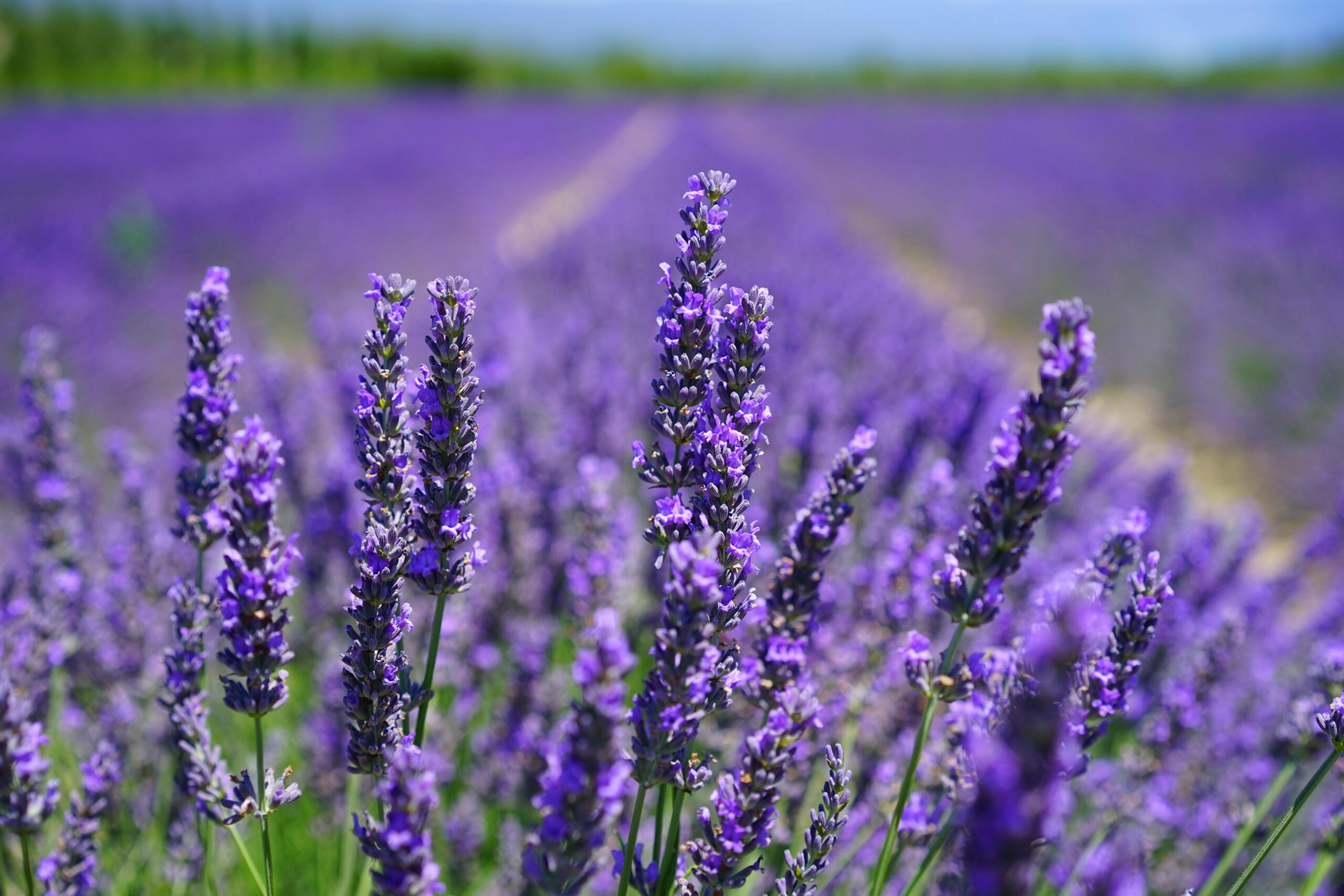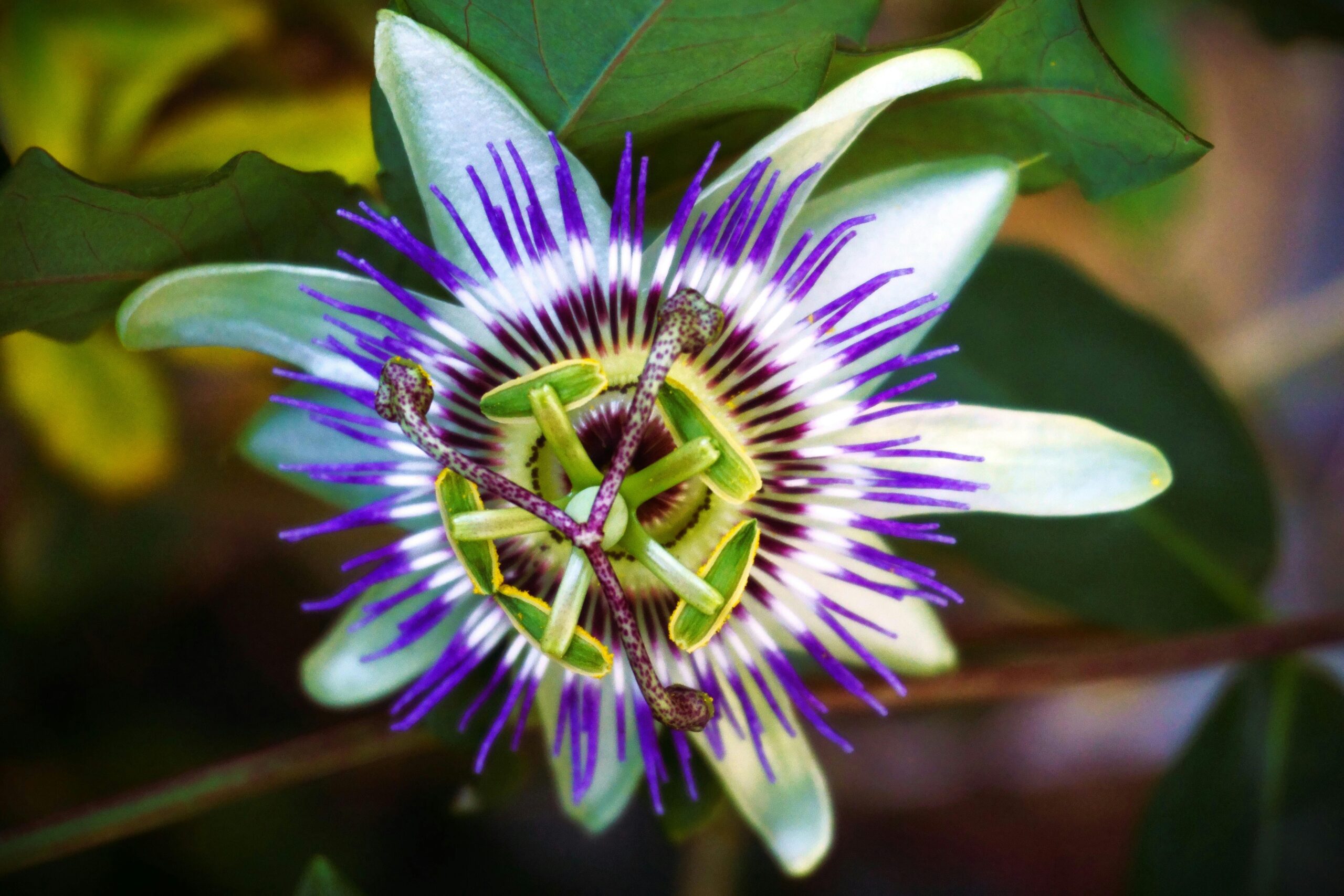Insomnia is a common issue, affecting many people. While prescription medications and over-the-counter remedies are often used, many people are choosing herbal sleep aids as a natural and gentle alternative. This article will explore the best herbal sleep aids for insomnia that can help you get a good night’s sleep, backed by research and user reviews.
What Is Insomnia?
Insomnia is when you have trouble falling asleep or staying asleep. It can make you feel tired and cranky the next day. If you’ve ever found yourself staring at the ceiling, unable to drift off, you’re not alone. It’s a common problem that affects many people.
Common Symptoms of Insomnia
- Trouble falling asleep
- Waking up often during the night
- Feeling tired during the day
- Difficulty concentrating
Why Choose Herbal Sleep Aids?
When it comes to dealing with insomnia, herbal sleep aids are a popular choice. Why? Because they offer a natural way to help you sleep without the harsh effects of some medications.
Herbal sleep aids are made from plants, which often means they have fewer side effects compared to synthetic drugs. They can be a gentle and effective way to promote relaxation and improve your sleep quality.
Top Herbal Sleep Aids for Insomnia
1. Valerian Root: Nature’s Sleep Helper
Valerian root has been used for many years to treat sleep problems. This herb has compounds that can help calm the brain, making it easier to fall asleep. Studies show that valerian root can improve the quality of sleep and help you fall asleep faster. It is commonly available in teas, capsules, and liquid extracts.
Key Benefits:
Helps You Fall Asleep Faster: Reduces the time it takes to fall asleep.
Improves Sleep Quality: Makes your sleep more restful.
Reduces Anxiety: Helps calm anxiety, which can keep you awake.
Usage Tips: Valerian root can be taken as tea, capsules, or liquid extracts. Start with a small amount to see how it affects you and talk to a doctor if you have health concerns.
2. Chamomile: The Soothing Sleep Aid

Chamomile is well-known for its gentle sleep-inducing effects. This herb is often used in teas to help you relax and sleep better. It contains a compound called apigenin, which helps make you feel sleepy.
Key Benefits:
Promotes Relaxation: Helps calm your mind and body.
Reduces Insomnia Symptoms: Effective in managing sleep problems.
Safe for Regular Use: Generally safe with few side effects.
Usage Tips: Chamomile is usually consumed as tea, about 30 minutes before bed. It can also be taken as a supplement if you prefer.
3. Lavender: The Relaxing Aroma

Lavender is famous for its relaxing and sleep-promoting effects. Often used in aromatherapy, lavender essential oil can help calm your mind and body, making it easier to fall asleep. Research shows that lavender can improve sleep quality and help reduce insomnia symptoms.
Key Benefits:
Improves Sleep Quality: Makes your sleep better and longer.
Reduces Stress: Helps lower stress that can affect sleep.
Versatile Use: Can be used as an essential oil, in tea, or as a pillow spray.
Usage Tips: Lavender essential oil can be used in a diffuser, added to a bath, or used as a pillow spray. Lavender tea is also a good option for those who like to drink it.
4. Passionflower: The Calm-inducing Herb

Passionflower is another great herb for sleep issues. It is known for helping with anxiety and promoting relaxation, which can lead to better sleep. Studies show that passionflower can increase levels of GABA (a brain chemical that helps you relax).
Key Benefits:
Reduces Anxiety: Helps manage anxiety that can keep you awake.
Promotes Relaxation: Makes it easier to feel calm.
Improves Sleep Quality: Enhances the quality of your sleep.
Usage Tips: Passionflower can be found in teas, capsules, and liquid extracts. Start with a small amount to see how it affects you and consult with a healthcare provider if needed.
5. Lemon Balm: The Relaxing Herb
Lemon balm is known for its calming effects. It helps reduce anxiety and stress, which can make it easier to fall asleep. Lemon balm is often used with other herbs like valerian root for better results.
Key Benefits:
Reduces Anxiety and Stress: Lowers stress that can interfere with sleep.
Helps You Fall Asleep Faster: Makes it easier to fall asleep.
Safe for Long-Term Use: Generally well-tolerated with few side effects.
Usage Tips: Lemon balm can be taken as tea or as a supplement. It is often used with other herbs for better results.
6. Ashwagandha: The Stress Buster
Ashwagandha is a herb used in traditional medicine to fight stress and improve overall health. It helps balance cortisol levels (a stress hormone) that can disrupt sleep. By lowering stress and promoting relaxation, ashwagandha can help you sleep better.
Key Benefits:
Balances Stress Hormones: Helps lower cortisol levels.
Promotes Relaxation: Encourages a calm state.
Improves Sleep Quality: Makes your sleep deeper and more restful.
Usage Tips: Ashwagandha is usually available in capsule or powder form. It can be taken daily, especially in the evening, to help prepare for sleep.
7. GABA Supplements: The Relaxation Booster
GABA (gamma-aminobutyric acid) is a brain chemical that helps promote relaxation and sleep. Supplements that increase GABA levels can help reduce anxiety and improve sleep quality. Though not an herb, GABA is often included in natural sleep aids.
Key Benefits:
Enhances Relaxation: Increases feelings of calm.
Improves Sleep Quality: Can lead to better sleep patterns.
Reduces Anxiety: Helps manage anxiety symptoms.
Usage Tips: GABA supplements should be used as directed on the product label. They are often combined with other natural sleep aids for better results.
Choosing the Right Herbal Sleep Aid
When picking an herbal sleep aid, consider these factors:
- Effectiveness: Choose herbs with proven benefits.
- Safety: Make sure the herb has minimal side effects.
- Form: Decide between teas, capsules, liquid extracts, or essential oils based on your preference.
Tips for Better Sleep
Create a Sleep-Friendly Environment: Make your bedroom a relaxing place by keeping it cool, dark, and quiet. Consider using blackout curtains and white noise machines to create a sleep-friendly environment.
Maintain a Consistent Sleep Schedule: Going to bed and waking up at the same time every day helps regulate your body’s internal clock, making it easier to fall asleep and wake up feeling refreshed.
Limit Caffeine and Heavy Meals: Avoid caffeine and heavy meals close to bedtime. Caffeine can keep you awake, and eating a big meal can make you uncomfortable while trying to sleep.
Finding the right herbal sleep aid can be a game-changer for managing insomnia. Whether you choose chamomile, valerian root, lavender, passionflower, or lemon balm, these natural remedies offer a gentle and effective way to improve your sleep.
Remember, it’s also important to create a relaxing bedtime routine and make your sleep environment as comfortable as possible. Sweet dreams!



